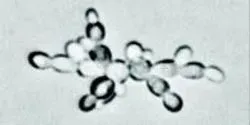Biology

Study sheds light on the “proprioception” of yeast—the manner in which an organism understands its spatial orientation
| 4 min read

Study sheds light on the “proprioception” of yeast—the manner in which an organism understands its spatial orientation